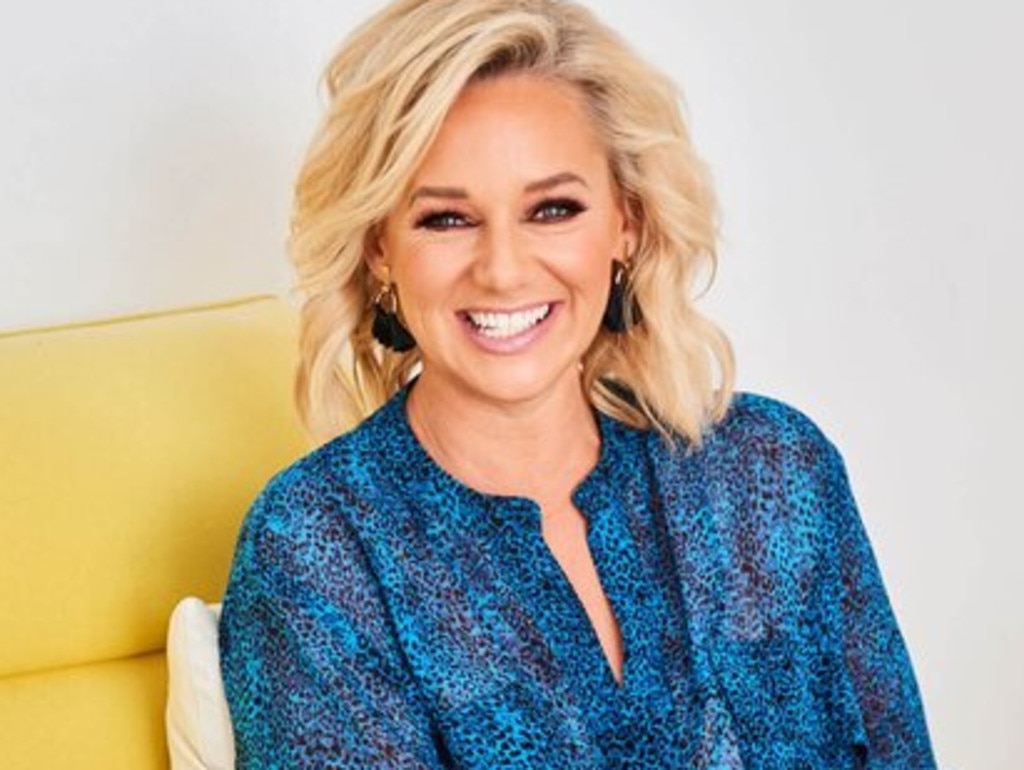Changing jobs: Expert reveals how to switch industries
Adam Ciappara was on his way to work as a home loan manager one morning when he made a decision that would change his life.
Making the decision to change careers can be daunting.
Whether you’re pursuing the ‘thing’ you’ve always wanted to do, have lost interest in your current industry or been retrenched, it’s a pretty common move.
According to the Australian College of Applied Psychology, the average Australian worker will change careers five to seven times in their lifetime.
If you know it’s time for a shift but don’t know where to start, we spoke to two people who have made the leap. From how they transitioned industries to what encouraged them to finally take the chance, here’s what they said.
“I COULDN’T LAST FOR ANOTHER 30 YEARS”
Adam Ciappara was on his way to work as a home loan manager one morning when he decided to quit.
Speaking to news.com.au, he said he realised he didn’t want to stay in the job for another eight hours and resigned first thing.
“I had a plan to become a home loans manager in a certain amount of time and I did it really quickly,” he said.
“It wasn’t that I was miserable but I got to a point where I was 30 and realised I couldn’t last for another 30, 40 years.”

While he didn’t initially have a plan, he eventually took a job labouring for a friend who was an industrial plumber. It was then he realised he enjoyed working with tools. This led to a nine-month electrician pre-apprenticeship at TAFE, followed by a four-year apprenticeship that he combined with a retail job at Bunnings.
“I was sh*t scared,” he joked.
“A four years is a long time when you’re 30. Taking a chance that I maybe wasn’t going to enjoy being an electrician was scary.

Although going from a stable income to an apprenticeship salary of $7.15 an hour was difficult, Mr Ciappara said his new job made him a lot happier. Having more professional experience than his peers also allowed him to advance quicker.
“You can start your apprenticeship at 14 or 15 and you can be qualified by 19 but you don’t have much life experience. Whereas having worked through different sectors and just having more experience and maturity helped me get more responsibility quicker,” he said.
Today Mr Ciappara works as a lead electrician for a construction company where he manages four apprentices.
“That’s my favourite part of the role – training them up from their first year and watching them get their A grade. It’s quite satisfying.”
“I WANTED TO MAKE A DIFFERENCE”
After spending 14 years as a journalist and foreign correspondent working on some of Australia’s biggest networks, Meggie Palmer realised she had to pivot.
She wanted to dedicate more time to her app, PepTalkHer, which she designed so women could document their work achievements and career milestones to help when negotiating pay rises.
“I just kind of felt like I could make a bigger impact somewhere else,” she said to news.com.au after a recent Vogue Codes session on negotiating your next pay rise.
“I got into journalism because I thought you could create change through the press but I also think you can create significant change through technology.”

It still took her nearly three years to be able to commit to working on PepTalkHer full-time, which she does in New York.
“Careers these days aren’t ladders, you’re navigating a bit more of a complex world. They’re not linear anymore,” said Ms Palmer.
She was also able to use her transferable skills, like forming relationships, quickly synthesising information and storytelling, to help her transition from media to tech.
After leaving her job as a managing editor at SBS, she ran a media training company for 12 to 18 months before moving to the United States. From there she joined the Financial Times as their VP for Business Development before she finally committed to working on PepTalkHer full time.
Reflecting on her many career moves – from leaving the media, relocating overseas and committing to PepTalkHer full time – Ms Palmer said it was her fiancé who finally convinced her to “make the leap”.
“To be honest, it really took my fiancé to say ‘you really need to stop everything else,’” she said. “I was worried whether I would make enough money and it took advice from him and some other people to say you need to focus and make it happen.”
Knowing she had a financial safety net through her savings also helped.
“That’s my one piece of advice to everyone: if you’re in a position to put a little bit of money aside every week, do it, because it’ll give a bit of financial security,” she said.
“Having a savings nest egg is always a good idea, even if you don’t want to leave your job.”
A PSYCHOLOGIST SHARES HER TIPS ON HOW TO CHANGE CAREERS
While it can be rewarding, redirecting your career can be a stressful process, especially during these times. If you need the extra push, SEEK’s resident psychologist, Sabina Read shares her tips on how to make the move.
1. Engage your family and friends
“Often the people we spend the most time with know us best and they can help us identify things about ourselves that we’re not aware of,” said Ms Read.
She recommends asking them questions like: What do I do well? When do you see me at my best? And when do you think I’m most energised?

2. Identify your values
This will not only help you identify your next career move but it also shows self-awareness to future employers.
“Values are not about what we want to achieve, but rather about how we want to behave or act on an ongoing basis,” she said.
“Most employers welcome employees who know what makes themselves tick and being authentic ultimately results in increased productivity and wellbeing which serves everyone’s needs.”
3. Research, research, research
It’s normal to feel self-doubt at your existing experience and skill set when jumping into a new field.
“When we’re feeling unsure, under-confident or overwhelmed, it’s easy to do nothing and practice unhelpful procrastination strategies, all the while hoping things will change,” said Ms Read. “Worry won’t bring new options, but tangible small actions will.”
A doable step can be reviewing your resume to see what skills you already have and which gaps you can fill through a short course or self-directed learning.

4. Consider your finances
Sabina acknowledges that financial considerations will be a reality for most people considering a career switch.
“It’s useful to ask yourself the cost to your wellbeing and life satisfaction of staying in your current industry or role,” she said. “If this doesn’t feel feasible, what cost-cutting and budgeting adjustments could you implement to ensure the career change will work out?”
While drawing up a budget or establishing savings before you make the switch can be handy, you can also consider a more gradual switch.
“Can you explore your future industry as a side hustle while you continue to earn reliable income in your present job?”
This article was created in partnership with SEEK




